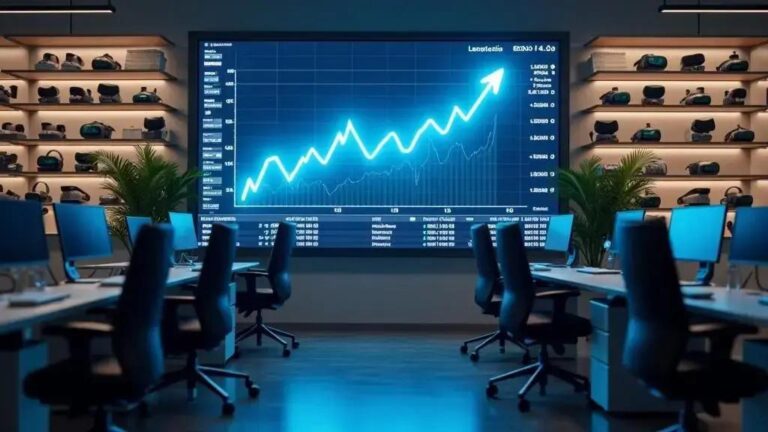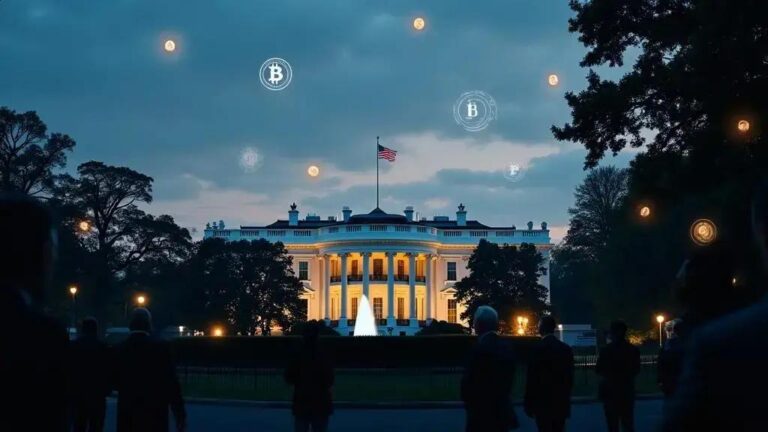Macron crisis has surged again after a prime minister resigned within hours, leaving Paris in political limbo. Could this deepen instability or force an unexpected compromise?
A 14-hour government collapse: what happened and why it matters
France recently faced a big political shock. Its prime minister resigned. This left the country without a government for 14 crucial hours. This event quickly deepened the ongoing Macron crisis. It showed how fragile France’s political situation has become. The sudden resignation created much uncertainty.
This short but intense government collapse matters for several reasons. First, it makes France’s political future look less stable. Investors often worry when a government is in turmoil. This can hurt the economy. Second, it adds pressure on France’s national budget. Important financial decisions are harder with instability. This event highlights President Macron’s struggle to govern. He lacks a strong majority in parliament. It shows the challenges of leading a divided country.
Why France lacks coalition tradition and the parliamentary deadlock
France has a unique political history. Unlike many other European nations, it doesn’t have a strong tradition of coalition governments. In countries like Germany, different parties often team up to form a ruling group. This helps them pass laws. But in France, the president’s party usually holds a clear majority. This makes it easier to govern.
However, things are different now. President Macron’s party lost its absolute majority in parliament. This means they don’t have enough votes on their own to pass laws easily. This has led to a tough parliamentary deadlock. It’s hard to get new laws approved. Other parties often disagree with Macron’s plans. They don’t always want to work together. This lack of cooperation makes the ongoing Macron crisis even more challenging. It slows down important decisions and reforms. This situation creates a lot of political tension and uncertainty in the country.
Macron’s looming choices: resignation, new elections, or fragile deals
President Macron is now facing some very tough decisions. The recent government collapse and ongoing Macron crisis have put him in a difficult spot. He has a few main paths he could take. Each one carries big risks and rewards for France’s future.
One choice is to resign. This would be a dramatic step. It would mean giving up his presidency early. This option seems unlikely but is always a possibility when a leader can’t govern effectively. It would trigger a new presidential election.
Another option is to call for new parliamentary elections. This is often called a ‘snap election.’ Macron might hope that voters would give his party a stronger majority this time. But there’s also a risk. His party could lose even more seats. This would make the political situation even worse.
Finally, Macron could try to make more ‘fragile deals.’ This means working closely with other parties in parliament. He would need to find common ground to pass laws. These deals might not last long. They could be hard to keep together. But it might be his best chance to move forward without major upheaval. These choices will shape France’s direction.
Domestic chaos and international consequences for France and EU
The ongoing political turmoil in France, often called the Macron crisis, isn’t just a problem for the French. It has big effects both at home and abroad. Inside France, this domestic chaos makes it hard to get things done. Important laws might not pass. This can slow down the economy. People might lose trust in their government. This instability can also lead to protests or social unrest. It makes daily life feel less certain for many citizens.
Beyond France’s borders, these problems have international consequences. France is a very important member of the European Union (EU). When France is weak or unstable, the whole EU can feel it. It makes it harder for the EU to make big decisions. It also affects how the EU deals with other countries. For example, France plays a key role in defense and economic policies for Europe. A struggling France means a less effective EU on the world stage. This can impact global trade, security, and diplomatic efforts. So, the challenges facing President Macron reach far beyond Paris.
Fonte: Fortune.com








